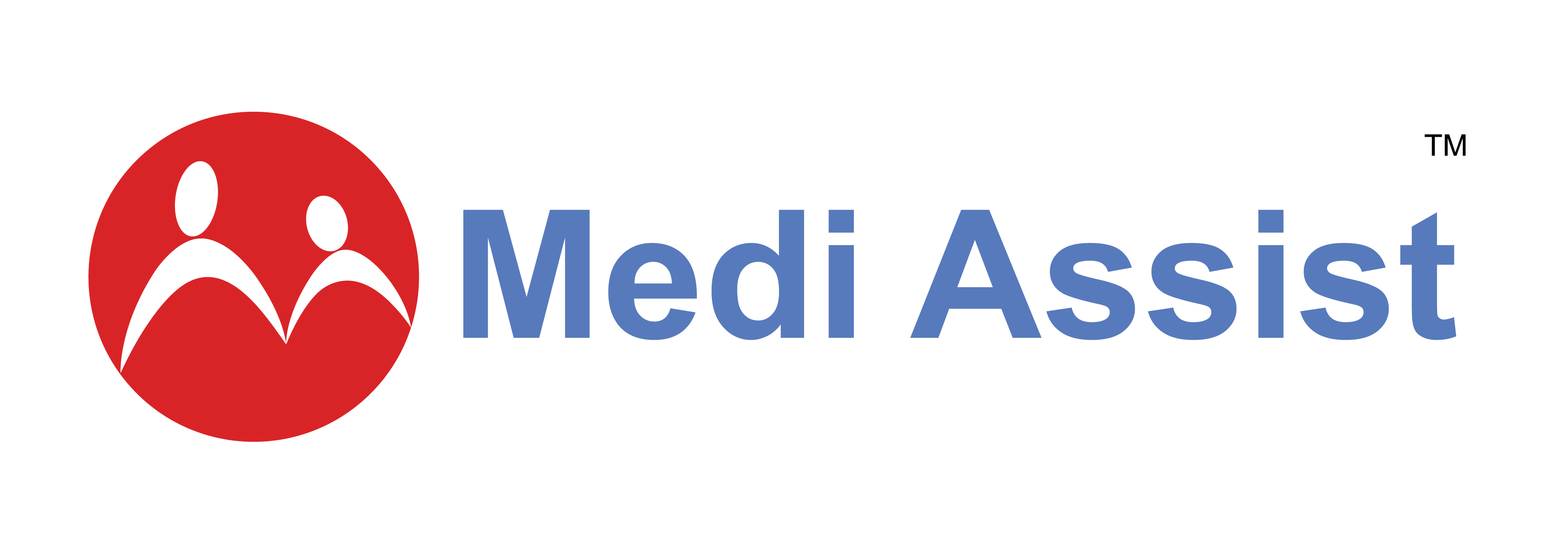Dear Reader,
As we deal with this pandemic together, we at Medi Assist take this opportunity to share with you the understanding ways we can prepare for the ongoing flu season, especially when the Covid-19 pandemic is upon us. Since both of these show similar symptoms, we have curated a set of FAQs to help employees, managers, and organizations understand both better.
Actions needed to ensure readiness for a flu outbreak during the pandemic: Plan for influenza during the COVID-19 pandemic:
In 2020 a significant reduction in seasonal influenza cases compared to previous years was observed in the Southern and Northern Hemisphere. This was probably due to public health and social measures for COV ID-19 and non-specific immunity induced by SARS-CoV-2.
Currently, restrictions are easing across the country and could trigger the number of seasonal flu cases.
In addition, potentially decreased population immunity due to a lack of exposure to influenza in 2020 may affect the incidence of influenza in these and coming seasons.
There is a potential for concurrent COVID-19 and seasonal influenza or human respiratory syncytial virus (RSV) epidemics:
Influenza virus has been circulating during the COVID-19 pandemic, although at low levels so far.
The evolution of seasonal influenza is dynamic and unpredictable. Influenza epidemics are likely both during and out of the regular season.
As seen in the past, an influenza epidemic may coincide with a circulation of other respiratory viruses, and therefore could present a different COVID-19 scenario. Other non-influenza viral epidemics can also coincide with the COVID-19 pandemic, e.g., RSV epidemics have occurred in 2020 and 2021 with an out of season pattern and a significant number of hospitalizations.
Prevention of seasonal flu is best when you get vaccinated:
Administer an influenza vaccine every year and mainly to prevent severe disease in risk groups
Administer two doses of COVID-19 vaccine to eligible persons
The following populations are identified for priority use of the influenza vaccine to prevent severe disease.
- Young children
- Pregnant women
- Older persons (>65 years)
- Persons with underlying health conditions
Health workers are prioritized to protect the individual, maintain healthcare services during influenza epidemics, and reduce the spread of influenza to vulnerable patient groups.
Communicate, communicate, communicate:
Transparent and regular communication to your teams remains essential. Have a communication plan ready that covers updates on COVID-19 and influenza vaccination.
Develop and adapt communication materials to inform individuals of the differences and similarities between influenza and COVID-19, how people can protect themselves, including information on vaccination and when and where to seek care.
- Keep your distance, Wash your hands
- frequently
- Ventilate, or open windows Wear a mask
- Cough & sneeze into your elbow
Influenza (flu) vaccination:
What is the quadrivalent flu vaccine?
Quadrivalent influenza (flu) vaccine is designed to protect against four different flu viruses, including two influenza A viruses and two influenza B viruses.
Why was the quadrivalent flu vaccine developed?
For many years, flu vaccines were designed to protect against three different flu viruses: an influenza A(H1N1) virus, an influenza A(H3N2) virus, and one influenza B virus, even though there are two different lineages of B viruses that circulate during most seasons. Adding a B virus from the second lineage gave broader protection against circulating flu viruses.
Who can get a quadrivalent flu vaccine?
For the 2021-2022 season, all flu vaccines in India are quadrivalent vaccines. Different vaccines are approved for other age groups. A quadrivalent flu shot can be given to children as young as 6 months old.
Who shouldn’t get a quadrivalent flu vaccine?
Different influenza (flu) vaccines are approved for people in other age groups. In addition, some vaccines are not recommended for certain groups of people. Factors that can determine a person’s suitability for vaccination, or vaccination with a particular vaccine, include a person’s age, health (current and past), and allergies to a flu vaccine or its components. Please check with your doctor for further information.
Are any of the available flu vaccines recommended over the others?
For the 2021-2022 flu season, it is recommended that annual influenza (flu) vaccination is for everyone 6 months and older with any licensed influenza vaccine that is appropriate for the recipient’s age and health status with no preference expressed for any one vaccine over another. There are many vaccine options to choose from, but the most important thing is for all people 6 months and older to get a flu vaccine every year. If you have questions about which vaccine is best for you, talk to your doctor or other healthcare professionals.
Are quadrivalent flu vaccines safe?
Yes. Flu vaccines that protect against four flu viruses have a safety profile similar to seasonal flu vaccines made to protect against three viruses, with similar—primarily mild—side effects. Like all seasonal flu vaccines, vaccines that protect against four flu viruses are monitored annually for safety and effectiveness.
Quadrivalent vaccines cannot cause flu illness because they contain ‘inactivated’ (killed) virus, attenuated (weakened) virus, or are made using recombinant methods that don’t use flu virus in the manufacturing process.
Special Consideration Regarding Egg Allergy
People with egg allergies can receive any licensed, recommended age-appropriate influenza vaccine. People who have a history of severe egg allergy (those who have had any symptom other than hives after exposure to egg) should be vaccinated in a medical setting, supervised by a health care provider who can recognize and manage severe allergic reactions.
Source:
- World Health Organization (WHO)
- http://www.acvip.org/
- FluNet [website]. Geneva: World Health Organization; 2020 (https://www.who.int/influenza/gisrs\_laboratory/flunet/en/, accessed 15 October 2020).
- Global epidemiological surveillance standards for influenza. Geneva: World Health Organization; 2013 https://www.who.int/influenza/resources/documents/WHO\_Epidemiological\_Influenza\_Surveillance\_Standards\_2014.p df?ua=1, accessed 15 October 2020)
- Preparing GISRS for the upcoming influenza seasons during the COVID-19 pandemic – practical considerations: interim guidance, 26 May 2020. Geneva: World Health Organizationhttps://apps.who.int/iris/bitstream/handle/10665/332198/WHO-2019-nCoV-Preparing\_GISRS-2020.1-eng.pdf?ua=1, accessed 15 October 2020.
- https://www.cdc.gov/flu/pdf/professionals/acip/acip-2020-21-summary-of-recommendations.pdf
Disclaimer – This information has been taken from relevant sources. However, we require you to please check the guidelines from the government and health authorities for regular updates on this variant and take all precautionary measures regularly.





